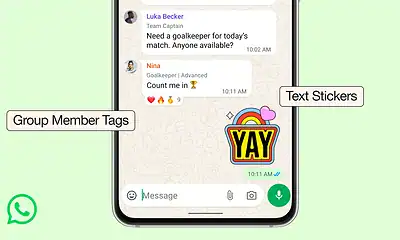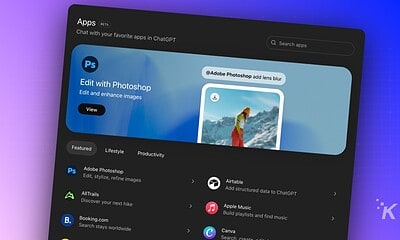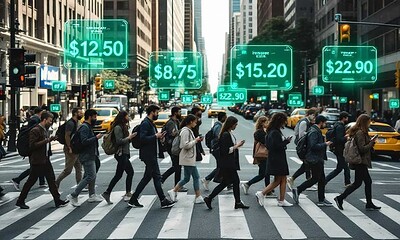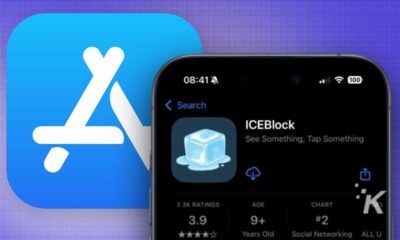Apps
Women’s dating safety app Tea breach leaks 72,000 user images
The exposed data came from an old system that stored information over two years old and no recent data is affected.
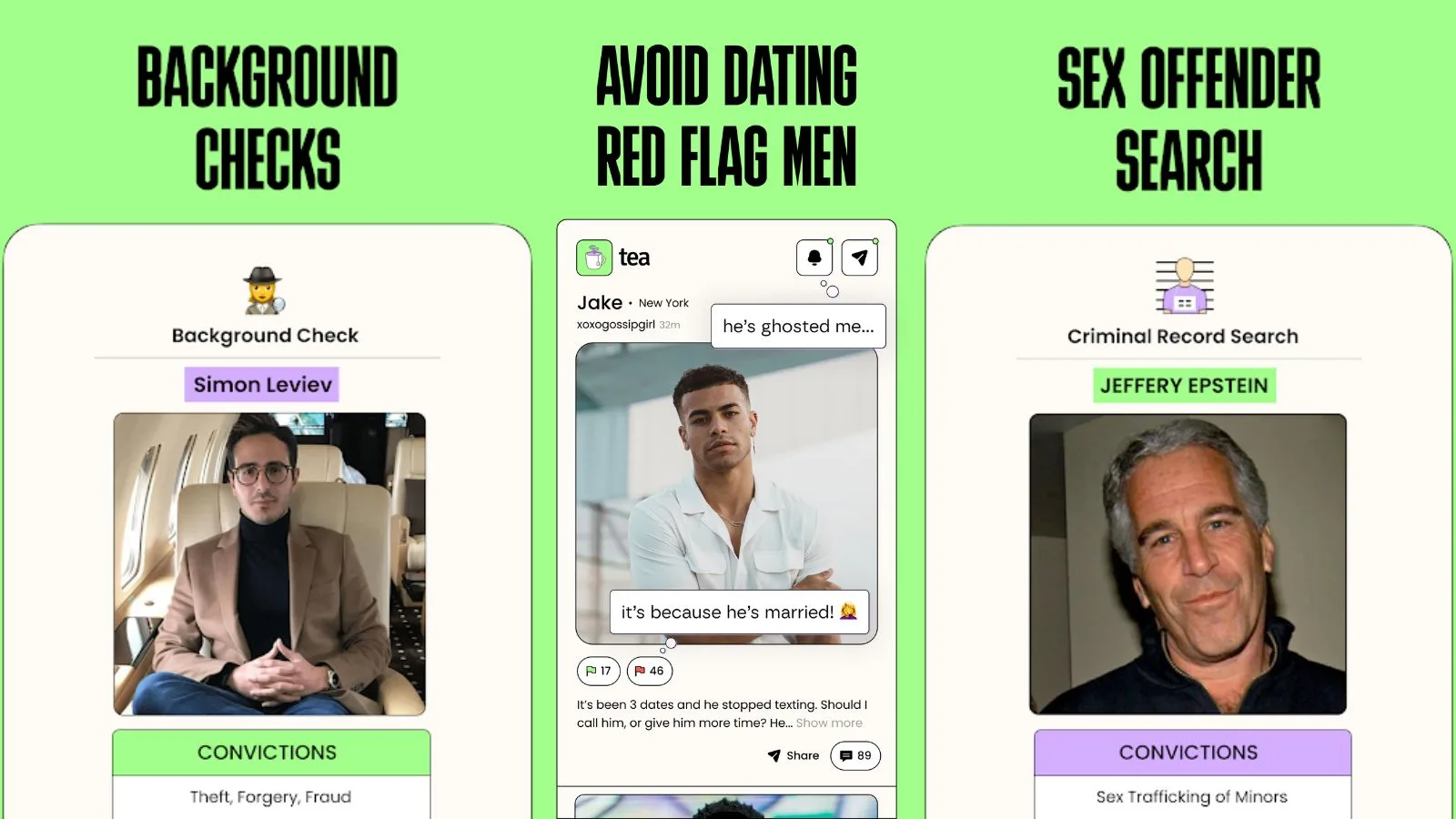
Just a heads up, if you buy something through our links, we may get a small share of the sale. It’s one of the ways we keep the lights on here. Click here for more.
A popular new dating app called Tea, which recently hit top rank on the iOS App Store, has suffered a serious security breach that exposed private user images, including selfies and government IDs.
Tea is designed as a women’s safety-focused app, where women can share experiences and warnings about bad interactions with men in the dating world.
To make the platform feel safer, Tea requires users to verify their identity using a selfie or an official ID, like a driver’s license.
But on Friday, the company admitted that someone unauthorized accessed one of their systems, resulting in a data leak of about 72,000 images. These included:
- 13,000 private images submitted for identity verification (like selfies and IDs)
- 59,000 public images from posts, comments, and direct messages
The company said the exposed data came from an old system that stored information over two years old.
As of now, Tea claims there’s no sign that current or more recent user data has been affected.
However, earlier that same day, posts on Reddit and the tech site 404 Media revealed that some of those leaked photos had already been posted on 4chan, a message board known for spreading hacked content.
These posts included faces and ID cards from Tea users, raising serious concerns about user privacy and safety.
The situation has sparked a larger debate. On one hand, Tea was built to protect women by helping them avoid dangerous or disrespectful people.
On the other hand, critics have questioned whether this idea unfairly targets men or violates their privacy.
Now, the data breach adds another layer, showing how risky it can be to trust online platforms with sensitive information, especially for apps that require ID verification.
Tea said it is now doing a full investigation into the breach to understand how it happened and what damage was done.
On its website, Tea claims it uses strong security protections, but also admits that no security measures are impenetrable, a reminder that even the most secure apps can still be vulnerable.
Do you think dating safety apps requiring ID verification create more risk than protection for users? Or are these tools necessary despite potential security vulnerabilities? Tell us below in the comments, or reach us via our Twitter or Facebook.















